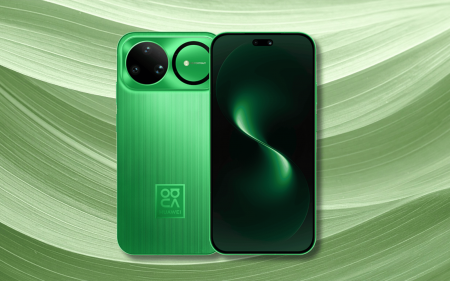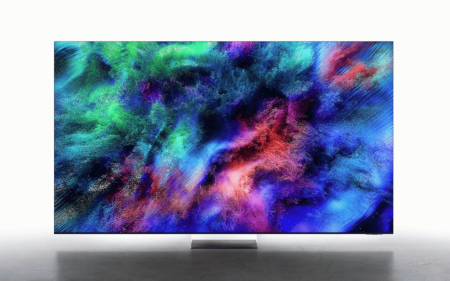The Competition Commission last week confirmed what all South Africans have been telling each other for years: the cost of cellular data is too high.
Releasing a provisional report from its data services market inquiry, which has been dragging on since August 2017, the commission’s finding no doubt contributed to the fall of Vodacom and MTN shares. They said the convoluted pricing structured “lacks transparency” and it is “anti-poor”.
It’s hard to disagree. Just looking about Sub-Saharan Africa show how cheap data can be – often from the same South African networks operating in our neighbouring countries.
“Consumers of small data bundles, generally being poorer consumers, pay inexplicably more on a per MB/GB basis,” Commissioner Tembinkosi Bonakele said in a statement about the megabytes and gigabytes people buy. “For example, relative to a 1GB bundle, a consumer buying a 100MB bundle will pay roughly twice the price on a per bundle basis for the same data period validity. A consumer buying a 50MB bundle will pay up to three times more and a 20MB bundle up to four times more.”
Obfuscation has long been a strategy used by the mobile – and many other – industries to keep their prices high. Special deals and promotions are often used as examples by networks to show they offer cheap packages, but just as often used by consumer advocates to show how hard it is to work out what the exact pricing is.
“In general, data pricing also lacks transparency, which undermines price competition,” said Bonakele. “Operators prefer to make use of promotions and free data rather than to drop headline prices. As a result, few consumers know what they really pay per MB.”
 The operators are always quick to demonstrate their decreasing prices, especially over the past few years, but that is not the reality for the average person on the street.
The operators are always quick to demonstrate their decreasing prices, especially over the past few years, but that is not the reality for the average person on the street.
The Alliance for Affordable Internet (A4AI) says over 2bn people globally live in a country where just 1GB of mobile data is unaffordable. In South Africa, it found “a seemingly affordable mobile internet connection (priced at 1.48% of “average” monthly income) actually costs the majority of South Africans anywhere between 6-19% of their income”. Making this worse is a “gender inequality in earnings” where “women earn 30-50% less”.
The Competition Commission is blunt in its findings that “benchmarking confirms SA prices are high”. It cited research from the UN’s International Telecommunications Union (ITU) the Independent Communications Authority of SA (Icasa) and SA researchers Tarifica and Research ICT Africa from 2017 – which MTN has argued is out of date. But it does offer a useful analogy. According to an Icasa bi-annual Tariff report in 2017, Vodacom charged SA customers $11.06 per 1GB, but only $8 in the DRC and $1.12 in Egypt. MTN’s $11.95 in SA is less than Botswana’s $12.53 but significantly higher than Nigeria ($3.15), Rwanda ($2.32) and Zambia ($3.41).
But, the commission points out, “the latest benchmarking data from Research ICT Africa also shows that South Africa performs unfavourably against other African countries, where its 1GB data price ranks among the more expensive countries in their RAMP index with the gap widening over time as prices fall faster in other countries”.
SA consumers will now be hoping that these findings give the lie to Finance Minister Tito Mboweni’s strident cry during his budget speech that “#DataPricesMustFall” will happen.
This article first appeared in Financial Mail




